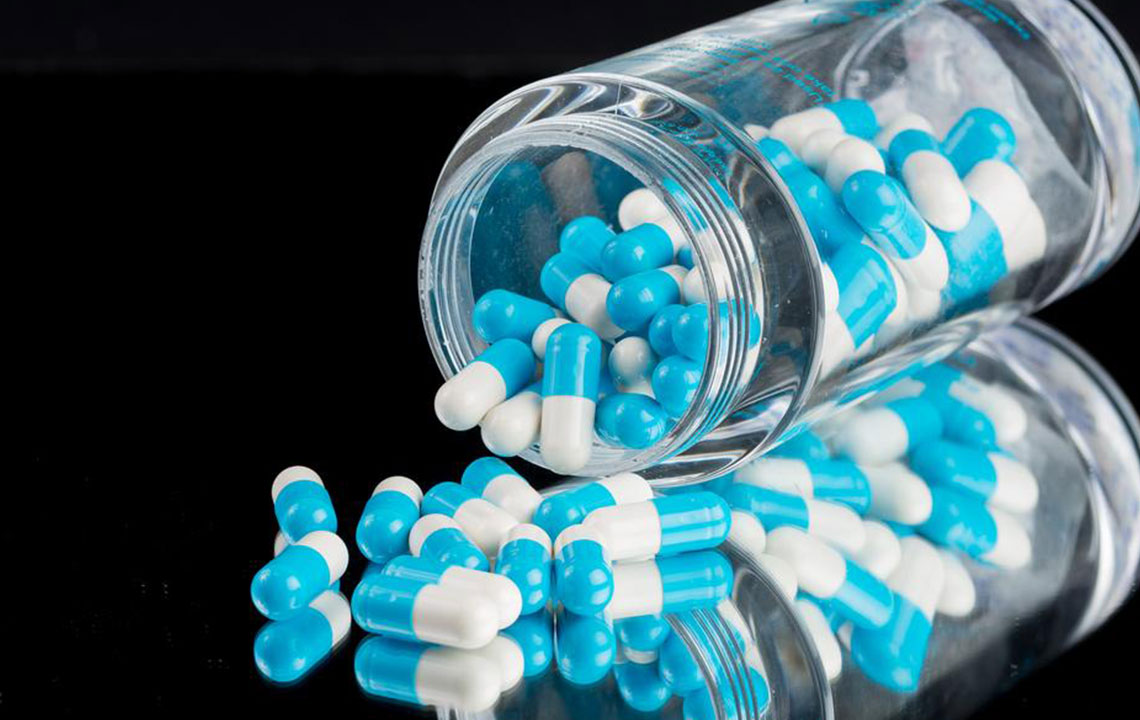Essential Vitamins for Your Kidney Health

With a jam-packed schedule, do you wake up and get ready to eat waffles topped with chocolate sauce for breakfast? Then amidst the back-to-back meetings, do you quickly grab a soda, burger, and fries for lunch? Does your dinner regularly comprise of pasta or spaghetti? Do you often remain thirsty and don’t hydrate regularly? If this is what your daily dietary routine looks like, your kidneys are silently yearning for help.
Kidneys are vital for your health and play an essential role in the well-being of your body. Kidneys perform the following essential functions:
- Eliminate toxins
- Filter the blood
- Absorb minerals
- Neutralize acids
Damage to the kidneys can often go unnoticed for a long time, as kidneys can function with as little as 20% of its capacity. Therefore, prevention is better than cure holds true in the case of kidneys.
If you have any kidney disease, you should know which products are harmful and which are beneficial for your condition. Vitamins for kidneys are essential nutrients that our body needs to grow, develop normally and maintain its functions. Here are some vitamins for kidneys which are essential for the maintenance and recovery of your kidneys.
- Vitamin A
Vitamin A is a fat-soluble compound that is generally classified as retinoids. Retinoic acid promotes embryonic development and is needed for normal immune function. Vitamin A is transported through to retinol-binding protein (RBP). These vitamins for kidneys are recommended to be consumed in a liquid form.
Recommended Dosage : Daily Reference Intake (DRI) of 700-900 ug/day.
Sources :
- Liver
- Fish liver oil
- Dairy Products
- Butter
- Eggs
- Red and yellow colored fruits and vegetables
- Dark green leafy vegetables
2) Vitamin B12
Known as Cyanocobalamin, B12 is found in high protein foods. Thus, patients who consume low amounts or remain on very low protein diets for an extended period may have insufficient B12 levels. These vitamins for kidneys help in proper functioning of kidneys by carrying nutrients and oxygen to them. Also, prevents anemia, which is a common symptom of damaging kidneys.
Recommended Dosage : 2-3 ug/day
Sources :
- Liver
- Beef
- Eggs
- Chicken
- Fish such as trout and salmon
3) Vitamin C
Since patients with kidney damage are advised to restrict the ingestion of potassium, the intake of vitamin C is likely to be low. High dosage of vitamin C is traditionally not recommended for patients with advanced Chronic Kidney Disease because of the possible increased risk for hyperoxalosis.
Recommended Dosage : 60-100 mg/day
Sources :
- Papaya
- Citrus fruits
- Berries
- Cauliflower and broccoli
- Melons
4) Vitamin D
If you have any type of kidney disease or even any reduced kidney function, most likely you are suffering from a vitamin D deficiency. By getting your vitamin D in the adequate range, you are going to be helping every single parameter that normalizes kidney disease. Vitamin D3 is superior to D2, but it’s not so in a huge sense. However, these vitamins for kidneys does have certain benefits as compared to D2. Vitamin D helps in the absorption of calcium and phosphorus.
Recommended Dosage : Dosage as recommended in prescription according to the phosphorus, calcium, and PTH levels.
Sources :
- Sunlight exposure to skin, as per the melanin content in every individual
- Milk with fat content greater than 1%
- Fatty Fish, e.g., sardines and salmons
- Eggs
5) Vitamin E
It acts as an antioxidant because it remains highly stable even after it scavenges free radicals. Vitamin E helps in boosting the functionality of the immune system and thereby protects kidneys from hazardous-free radicals that tend to interfere with kidney functioning. Vitamin E also helps in decreasing inflammation of kidneys, eliminating oxidative stress from the system, transporting nutrients, oxygen, and blood to the kidneys helps in repairing damaged tissues due to kidney infections and diseases.
Recommended Dosage : 15 mg/day
Sources :
- Mangoes
- Broccoli
- Peanut Butter
- Tomatoes
- Spinach
- Corn Oil
- Almonds
- Wheat Germ Oil
- Asparagus
6) Vitamin K
Vitamin K participates in the post-translational carboxylation of specific glutamic acid residues in proteins, such as blood clotting proteins and osteocalcin, enabling these proteins to bind to calcium and interact with other compounds. This is a necessary step for such processes involving calcium interactions as blood clotting and bone mineralization. Bacteria in the gut also produce vitamin K in the form of menaquinones further absorbed from the distal bowel and stored in the liver. If vitamin K deficiency occurs, body proteins may become under-carboxylated. Carboxylation status of proteins, such as osteocalcin, can be measured and used to diagnose vitamin K deficiency.
Recommended Dosage : As and when advised by your doctor.
Sources :
- Green vegetables
- Cabbage
- Plant Oils
Finally, if you have any kidney disease or even for general maintenance of your kidneys, you should be monitoring its health every 4-6 months to see how the recovery is proceeding. Consume all the essential vitamins for kidneys to ensure you do not suffer from any kidney problem in the future.


